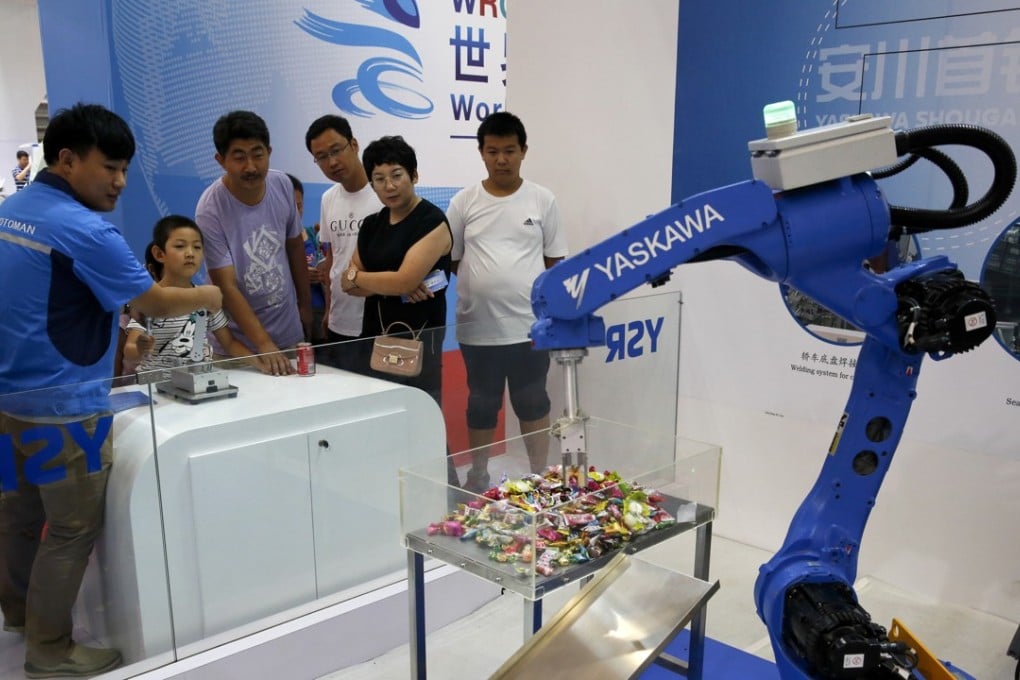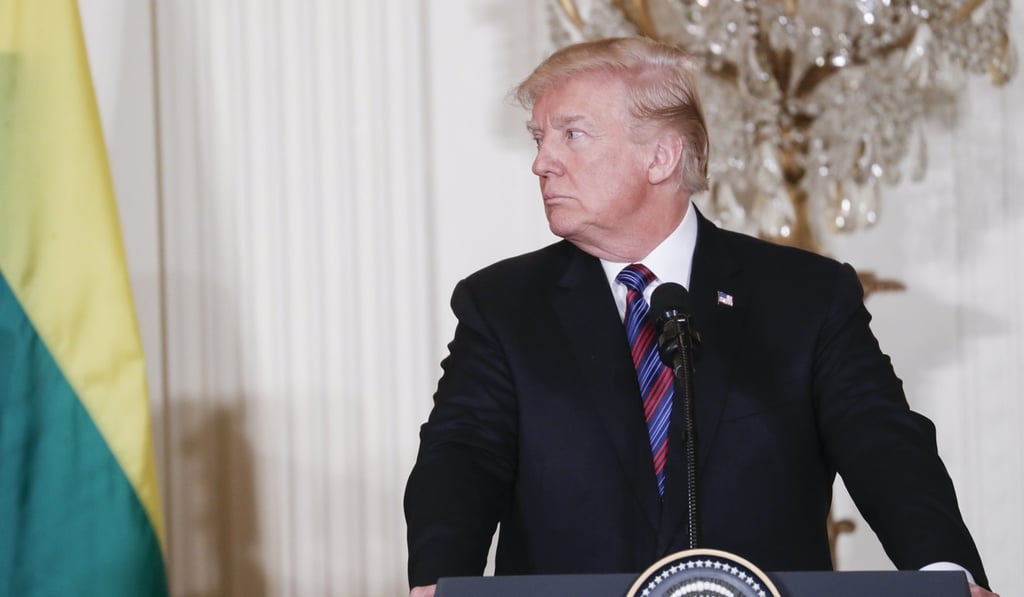Does Trump even have an endgame in trade war with China?
Cooler heads could still prevail, but it seems unlikely as Beijing and Washington up the stakes in a tit-for-tat spat that could play havoc with the world’s economy

Back in 2003, at the start of America’s disastrous invasion of Iraq, then Major General David Petraeus, commanding the US 101st Airborne Division driving toward Baghdad, famously asked my Washington Post colleague Rick Atkinson: “Tell me how this ends.”

Remember the promise to “repeal and replace” Obamacare, the national health insurance programme? It didn’t happen. But didn’t stop Trump from proclaiming, “We have essentially repealed Obamacare.”
Trump’s travel ban on immigrants from majority-Muslim countries? Repeatedly watered down, repeatedly struck down in federal courts, and waiting for a final ruling by the US Supreme Court. The trillion-dollar infrastructure rebuilding plan? Dead in the water. Repealing the Obama-era protections for young immigrants brought to the US as children? Blocked in the courts.